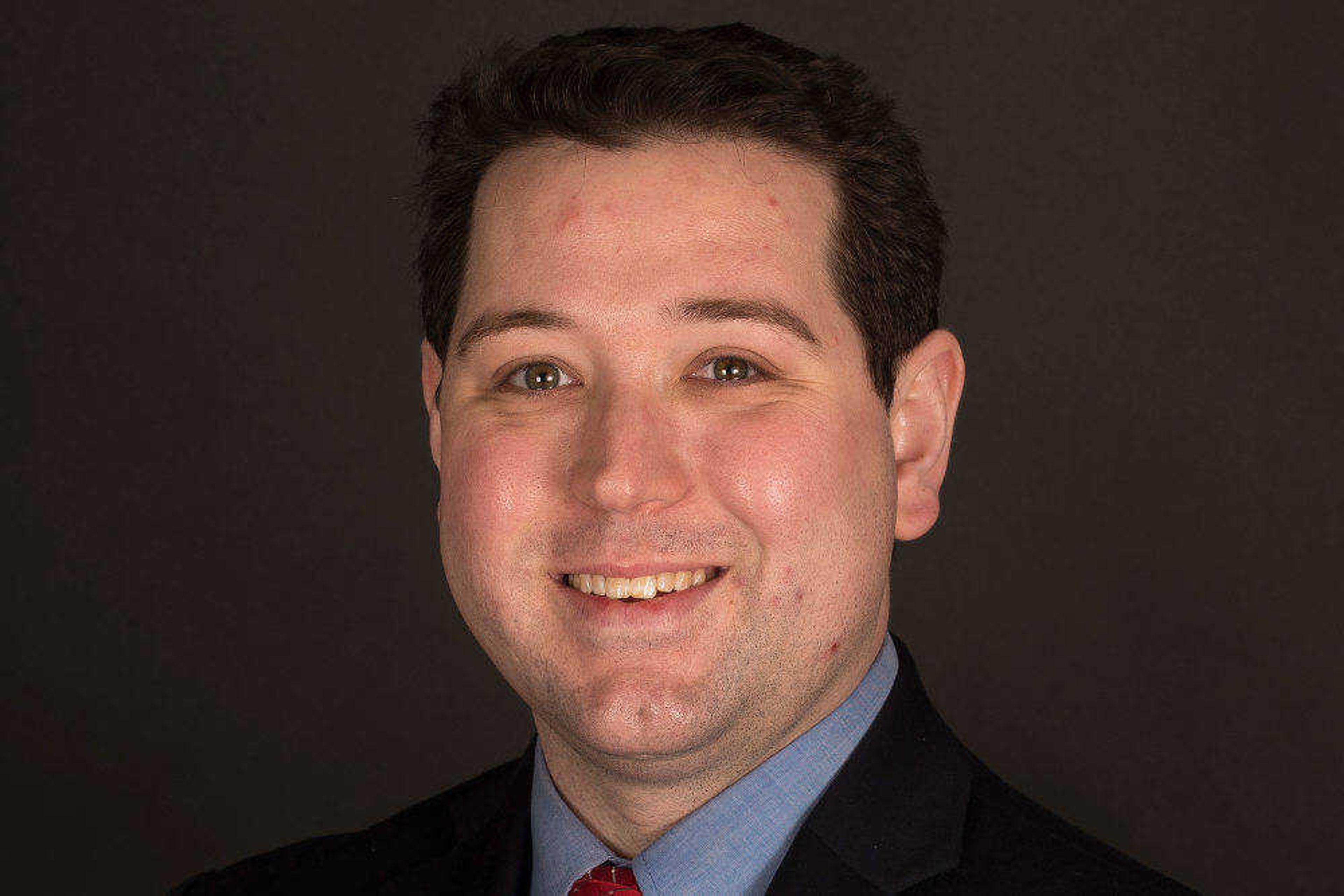Proposition D Gas Tax: Need to know
Blame it on more efficient vehicles. Blame it on a fuel tax not indexed to inflation. Regardless, Missouri�s gas tax, which has not been raised since 1996, is short when it comes to funding roads and bridges. The Missouri General Assembly voted to increase the state fuel tax by 6 cents per gallon in 1992. The increase was phased in over several years with 17 cents per gallon the end point in 1996...
Blame it on more efficient vehicles. Blame it on a fuel tax not indexed to inflation. Regardless, Missouri�s gas tax, which has not been raised since 1996, is short when it comes to funding roads and bridges.
The Missouri General Assembly voted to increase the state fuel tax by 6 cents per gallon in 1992. The increase was phased in over several years with 17 cents per gallon the end point in 1996.
After failed ballot measures in 2004 and 2014, the General Assembly has put the issue to voters in November with Proposition D.
If passed, Missouri�s state gas tax would increase 2.5 cents per year over the next four years, resulting in a 27-cent-per-gallon tax after July 1, 2022. The fuel tax would provide the highway patrol a dedicated funding source through the State Road Fund.
State Road Fund money, per the constitution, can only be used to cover: 1) the cost of collecting revenue; 2) the cost for local and state roads and bridges; and 3) to cover the Missouri State Highway Patrol�s costs of enforcing state laws on state highways.
�Several different funds comprise the operating budget of the highway patrol,� State Rep. Kathy Swan wrote in an email. �Currently, $254 million of the Highway Fund is appropriated by the General Assembly for the highway patrol. The passage of this measure could free up this appropriation to be used for road construction and maintenance.�
What Swan references as $254 million in present-day economics would become $288 million once fully implemented, according to the fiscal note summary.
Additionally, another $123 million would go to local road projects, Swan says.
State Sen. Wayne Wallingford went a step further.
�We�re in a crisis transportation-wise as far as a crumbling infrastructure system and need more money to go to transportation,� Wallingford says. �Part of the highway patrol�s budget comes out of that funding. So this increase would help fund the highway patrol, and not as much money would have to come from the [MoDOT] fund to the highway patrol.�
Wallingford says the funds that �went to MoDOT will go to transportation� and the General Assembly �will not be able to redirect those funds.�
When fully implemented, the tax would result in an estimated $412 million in new revenue for roads and bridges.
Finally, the ballot language would allow state income tax deductions for the value of prizes or awards won in Special Olympics, Paralympics and Olympics.
Rank
Safermo.com ranks Missouri 49th in the country for lowest gas tax and 46th in the amount of revenue spent per mile.
Since 1996, the purchasing value of the fuel tax has decreased. However, Scott Charton, communications director for Safermo.com, says MoDOT is the ninth most efficient state transportation department in the U.S.
The fuel tax is not the only mechanism for funding the management of Missouri�s highway system; other user fees such as vehicle registration, driver licensing fees and motor vehicle sales taxes are sources. Combined with current fuel taxes, these user fees generated $2.468 billion in fiscal year 2016, which put the state 47th in the U.S. for revenue per mile.
According to the website missouricantwait.com, Missouri has the seventh-largest highway system in the country with 33,856 miles of highway. The state has 883 bridges in poor condition, according to the same source, with the average bridge age at 46 years.
Endorsements
Endorsements for the ballot measure range from farming organizations to the state Chamber of Commerce to Gov. Mike Parson, among others.
Cape Chamber president and CEO John Mehner is in favor of the tax, as well, and believes the Chamber board will likely endorse it during its September meeting.
Mehner says transportation access and safety regularly appear in the top three priorities for site selectors and CEOs looking at new business facilities, expansions and relocations.
MoDOT funding
The Missouri Department of Transportation notes on its website it has a funding deficit of $825 million for high-priority transportation needs.
It breaks needs down into six categories:
* $95 million to improve bridge conditions;
* $50 million to improve road conditions;
* $25 million for MoDOT maintenance and operations;
* $275 million to invest in projects that increase economic growth and safety. This category is for projects identified by officials at the local level �that increase economic growth and improve safety,� according to the online report.
* $300 million for major interstate reconstruction. Interstate 70 was identified by MoDOT as a big issue, but noted the state�s other six interstates would also start to see improvements with this funding; and
* $80 million to improve multimodal transportation options. This includes transit systems, railroads, ports, waterways, airports and bicycle/pedestrian facilities.
While a tax increase would help close the gap, it would not solve the infrastructure problem.
�It would provide money for the state�s road fund, local governments and the Highway Patrol,� wrote the Kansas City Star editorial board in a June opinion. �But no one believes the increase will provide enough to cover the additional $825 million the Missouri Department of Transportation says it needs each year to adequately maintain the highway system.�
Connect with the Southeast Missourian Newsroom:
For corrections to this story or other insights for the editor, click here. To submit a letter to the editor, click here. To learn about the Southeast Missourian’s AI Policy, click here.






